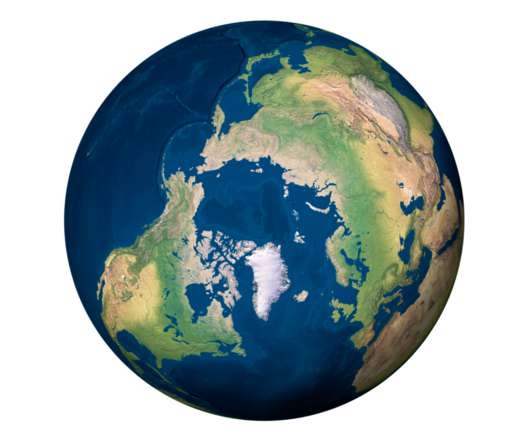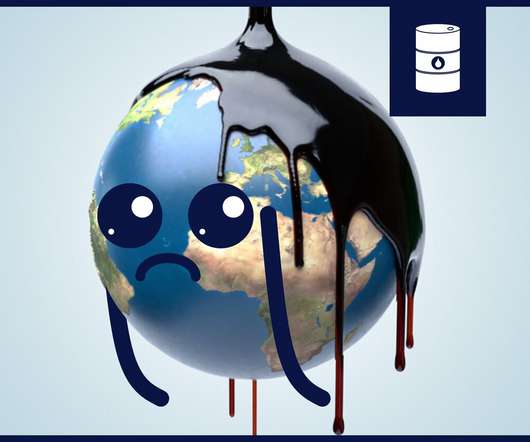A North-Pole, How Much Longer?
Mr. Sustainability
DECEMBER 25, 2020
Unfortunately, all kinds of positive (or negative?) Ice that survives for at least one year is called multi-year ice, sometimes perennial ice, which gives an indication of the health of the ice at the end of the melt season. In other words, the Arctic can store a lot more energy and heat when there is no more ice coverage.















Let's personalize your content